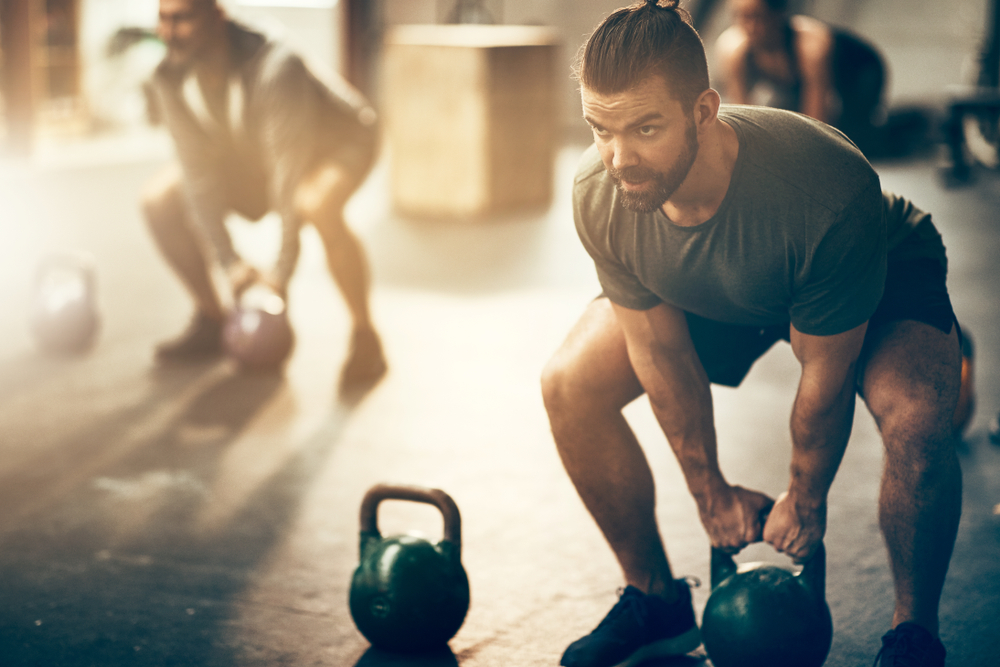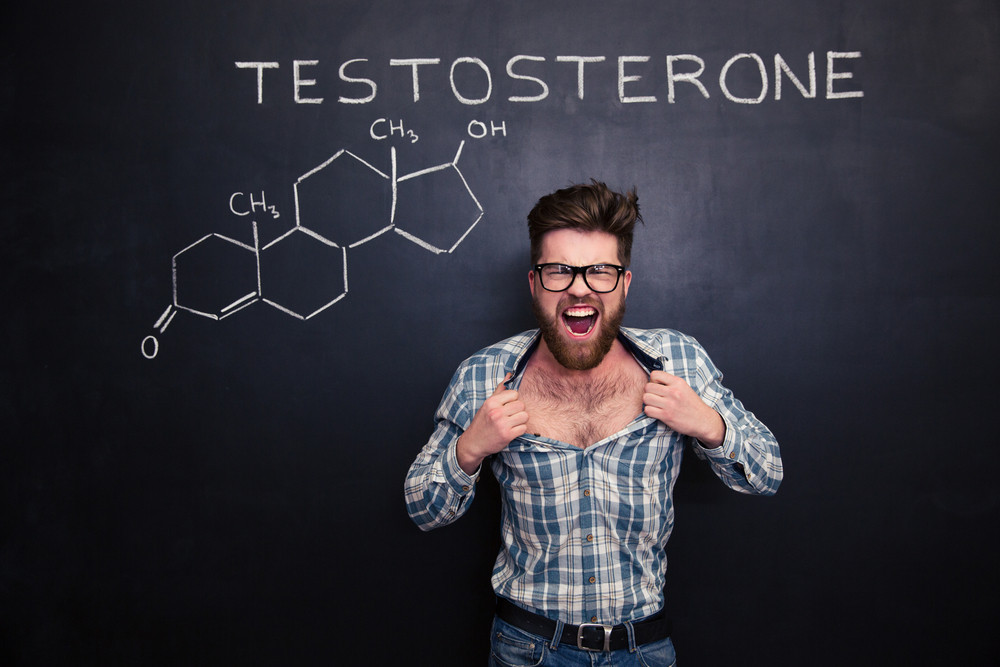The Effects Of Low Testosterone On The Body During Exercise
Testosterone is one of the hormones that can be found in both sexes but is more dominant in men than women. As males grow, testosterone levels rise and are responsible for many male attributes like body hair and deep voice. However, there are instances when males tend to produce too little of this hormone. If you have a problem with your testosterone level, you might ask, do testosterone booster supplements work? How does this affect my body and activities like exercise?
Testosterone In The Body
The endocrine system is the one responsible for producing enough testosterone in your body. The system is composed of glands that create different hormones for various bodily functions like growth and digestion. The process of producing testosterone starts in the brain. The hypothalamus is dictating the pituitary gland how much testosterone is needed by the body to function. When this signal is accepted, testosterone is now produced by the testicles and some by the adrenal glands.

When a fetus produces high testosterone in its body, it will help develop the male genitalia. The testosterone levels in the body increase beginning puberty until age 30. After reaching 30 years old, testosterone levels typically drop by one percent annually. Testosterone affects the majority of a man’s reproductive system, sexuality, even bone density, and muscle mass. If testosterone levels in your body are lower than average, it can have negative impacts on the body and your performance when you exercise.
Affecting Muscle Growth And Strength
Testosterone is one of the responsible hormones that work on developing muscle mass and strength. Testosterone binds the surface of the muscle cells and stimulates its growth through protein synthesis. When you exercise, you want to build muscle mass and strength. Without enough testosterone, no matter how heavy and frequent you lift, you might not get enough muscle mass that you desire.
Affecting Weight
In the early days, scientists have discovered that fat cells contain high levels of the enzyme aromatase. Aromatase is responsible for building estrogen out of the testosterone hormones. Just like women have testosterone in smaller scales, men have lower levels of estrogen in their bodies. When fat deposits in your body increases, then aromatase and estrogen will also increase. This will signal your brain that it does not need to produce testosterone to help lose the extra fats in your body.
Testosterone plays a vital role in your metabolism and your body’s capabilities to burn fats. Men who have lower testosterone levels have higher levels of the protein that are responsible for trapping fat within the cells of their body. Fat distribution by influencing these proteins is one of the responsibilities of testosterone.
When you exercise, you increase your body’s capacity to burn more of the unwanted calories. Men who were found to have lower levels of testosterone are more likely to become obese or struggle to lose weight. Many men who are overweight due to low levels of testosterone would need testosterone treatments before they can start exercising to lose fat deposits in the body effectively.

Affecting Bone Density
When you exercise, it is not just the muscle that needs to be healthy, you also need strong bones. It was discovered that there is a connection between low testosterone levels and decreased bone density. Testosterone reduces the osteoclastic activity that is happening in the bones. This process is the breakdown of the bones to build it up again.
When your body reduces bone breakdown, bones can age and build enough cells to become stronger. Those who have low levels of testosterone in the collection are found to be more likely to develop bone fractures and even osteoporosis. When you have low bone strength and density, it can affect how you exercise. It is vital that your body is strong enough to lift weights or do cardiovascular exercises. If you do not build on bone and muscle strength, there is a higher risk that you will get injured while working out.
Affecting Mood And Emotions
Aside from affecting your body physically, low testosterone levels can also change your emotions and mood. Men who have low levels of testosterone have feelings of sadness, which sometimes leads to depression. Some have trouble regulating their moods and self-confidence. If you want to motivate yourself to go to the gym and exercise, you need to have good positive feelings. If you are suffering from low levels of testosterone, you will lose the will to go out for a job or lift some weights.
Summary
Testosterone is vital and is responsible for many bodily functions that are important when you want to exercise and be fit. Having low levels of testosterone can affect your muscle and bone strength, which can lead to having injuries while you are doing your workouts. Low testosterone levels can also lead to poor metabolism and increased fat deposits in your body. Lastly, it can affect your mood, and you might lose your confidence in working out. If you are experiencing some symptoms of having low testosterone levels, better ask a professional for help.